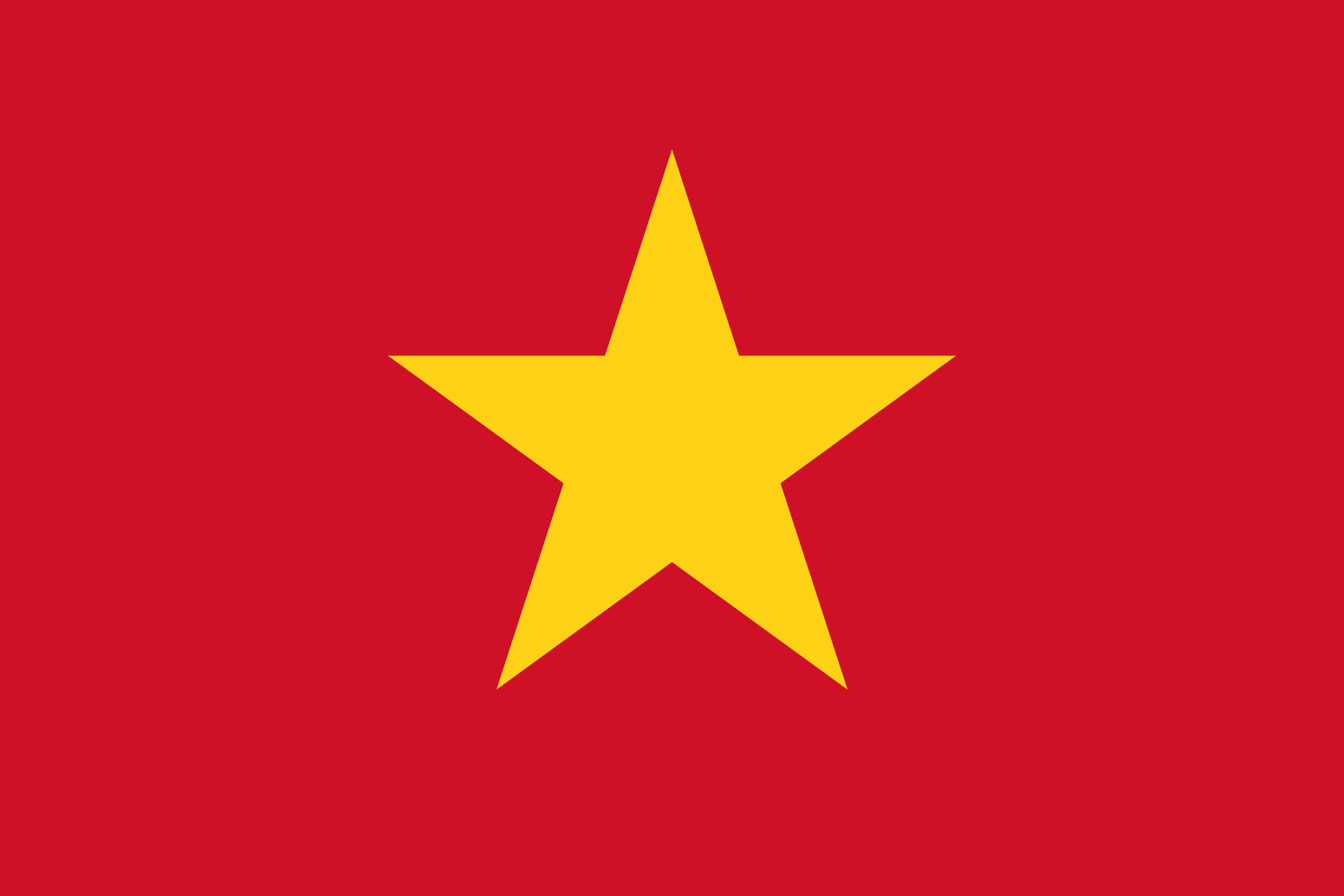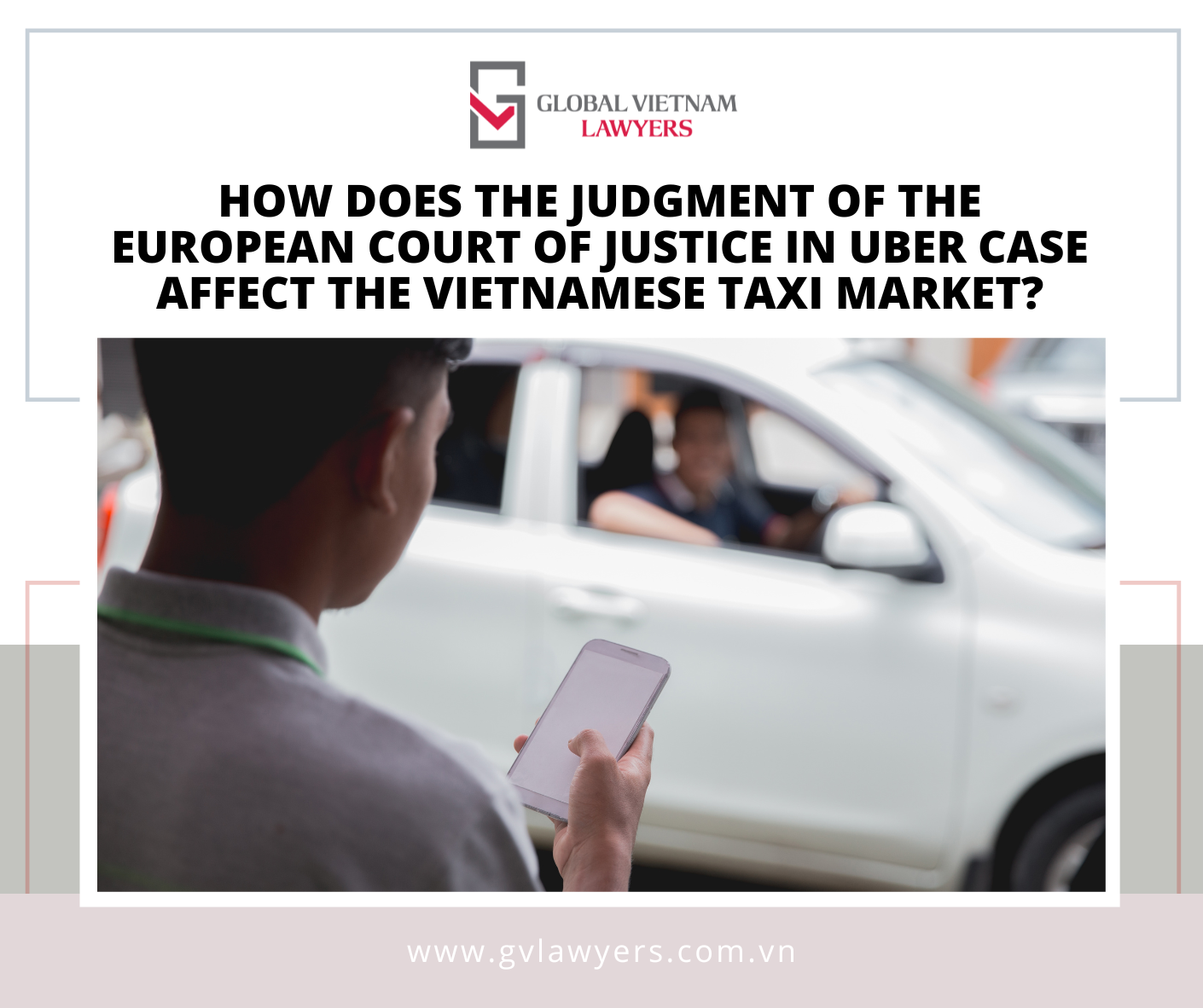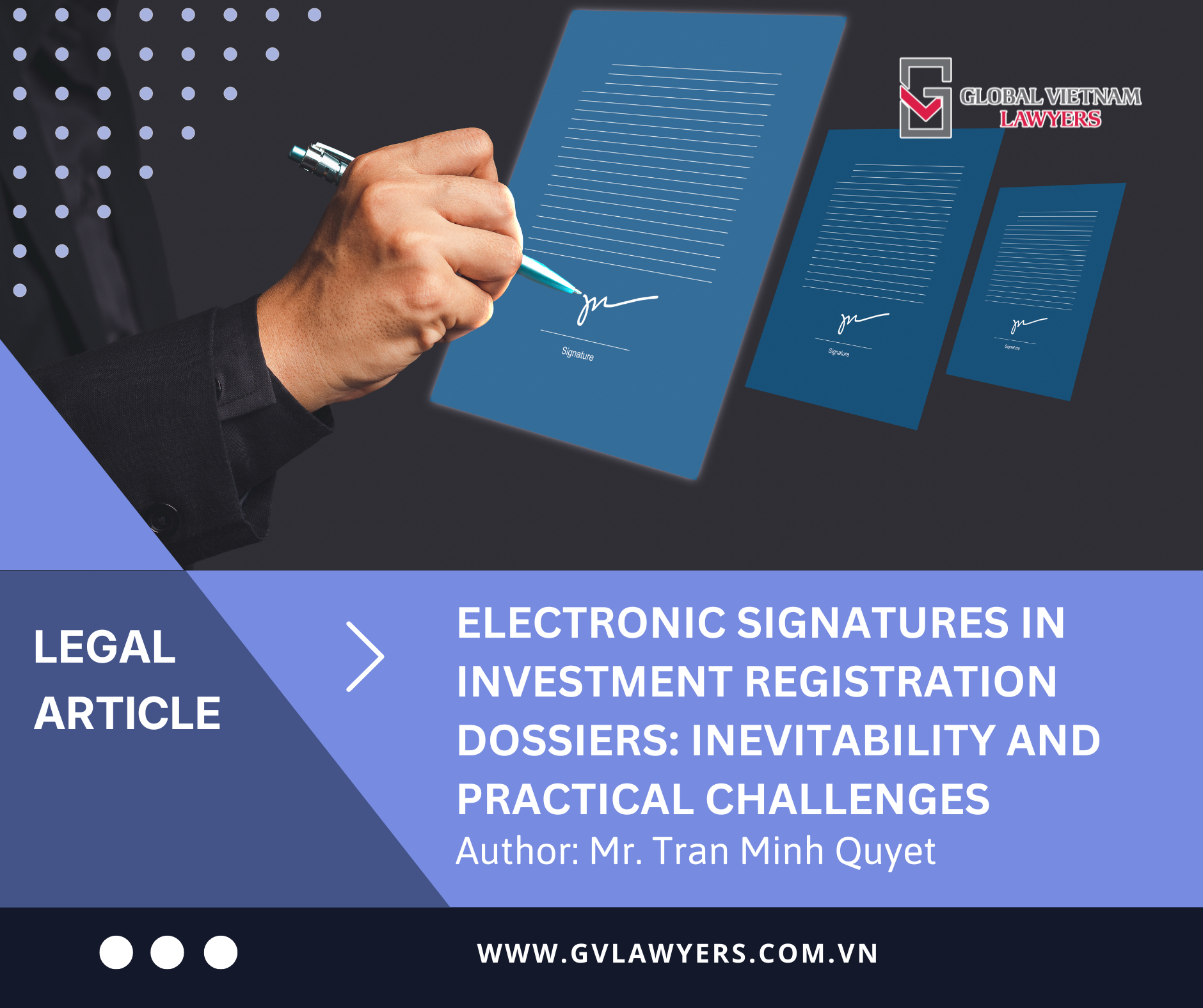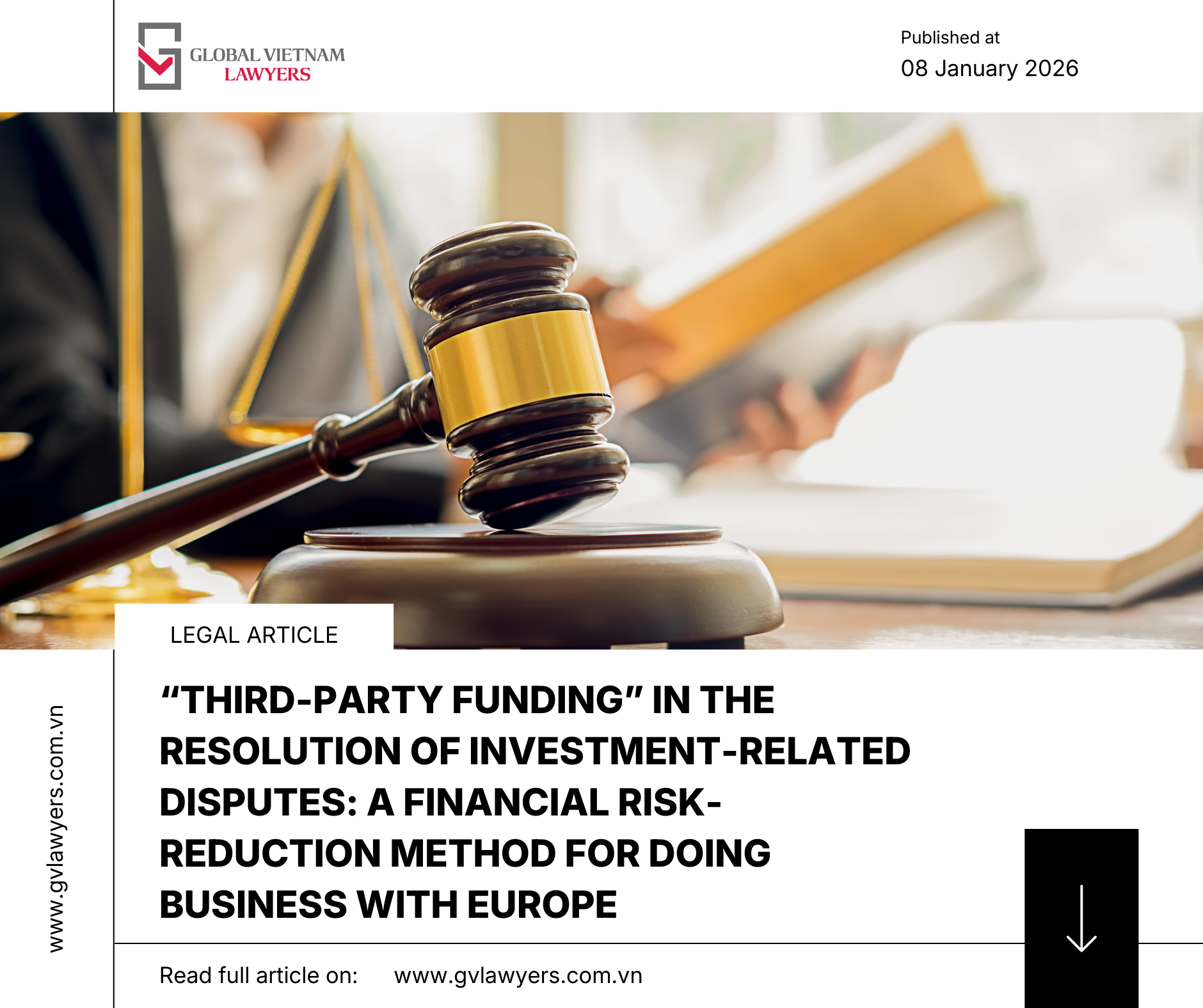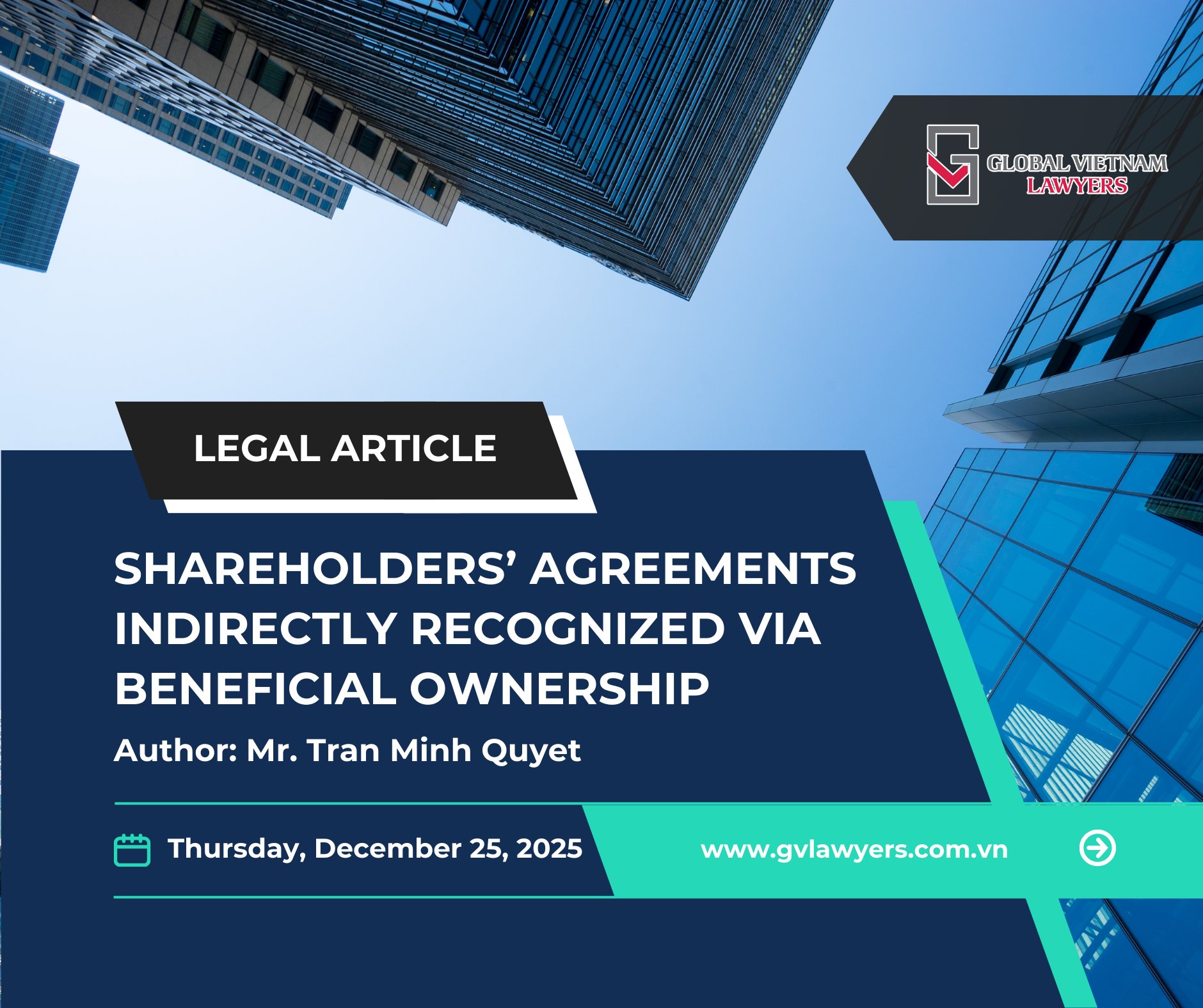GV Lawyers would like to present you an article by Lawyer Tran Thanh Tung and Ms. Nguyen Thi Hang titled “How does the judgment of the European Court of Justice in Uber case affect the Vietnamese taxi market?” published in Asia-Pacific Economic Review on January 2018.
***
The battle between tech-based taxi and conventional taxi has been getting more and more intense. Mr. Dang Phuoc Thanh, the Chairman of the BOD of Vinasun, insisted that: “More than 10,000 Vinasun’s employees and I will sue Grab and Uber.” Mr. Ho Duy, the Chairman of the BOD of Mai Linh Taxi, once made himself a motorbike taxi driver to “experience, hear and feel the hardship that drivers are enduring”, which kicked up a fuss in the public opinions. All of a sudden, a court judgment was made from the remote Europe and seems to play an important role in this battle. What is the judgment about and how will it affect the Vietnamese taxi market?
From the legal battle in Spain . . .
Uber, Grab and Airbnb may be viewed as a business model of sharing economy which is still new to the market. This business model is so new that it enters into a “battle” everywhere it goes. In the Spanish market, the business battle became a public legal issue when Elite Taxi, a professional taxi drivers’ association in Barcelona, on October 29th 2014 initiated a lawsuit against Uber Systems Spain, a subsidiary of Uber, for violating the Spanish law and having signs of wrongful practice and unfair competition. Elite Taxi claims that Uber Systems Spain should be ordered to cease its unfair conduct consisting of supporting other companies in the group by providing on-demand booking services by means of mobile devices and the internet, and requests the Court to prohibit Uber Systems Spain from engaging in such activity in the future.
The Court states that Uber Systems Spain connects with non- professional drivers to whom it provides Uber software – an interface – which enables them, in turn, to connect with persons who wish to make urban journeys and who gain access to the service through this software. The Court also confirms that the activities carried out by Uber Systems Spain are for profits.
Since the case relates to many European countries and the law of the European Union, and the Uber software is an international platform, the Spanish Court decided to postpone the case in Spain and requested the European Court of Justice (ECJ) to make the first-instance judgment over the key question as: “must the activity carried out for profit by [Uber Systems Spain], consisting of acting as an intermediary between the owner of a vehicle and a person who needs to make a journey within a city, by managing the IT resources – in the words of [Uber Systems Spain], “smart phone and technological platform” interface and software application – which enable them to connect with one another, be considered merely as a transport service, or as an electronic intermediary service or an information technology service?”. The answer to this key legal question will decide if Uber needs to obtain an operational license (pursuant to the Spanish law, enterprises in transport business must be licensed before conducting the business).
. . . To the judgment of the European Court of Justice
In the judgment dated December 20th 2017 by the Grand Chamber of ECJ (Full text of the judgment is available on the website of ECJ at http://curia.europa.eu/juris/liste.jsf?num=C-434/15), the Grand Chamber, upon analyzing the nature of Uber service, contends that: “the intermediation service provided by Uber is based on the selection of non-professional drivers using their own vehicles, to whom the company provides an application without which (i) those drivers would not be led to provide transport services and (ii) persons who wish to make urban journeys would not use the services provided by those drivers.” In addition, Uber has a “decisive influence” on the conditions of the service that those driver provide. In this regard, ECJ contends that Uber can “determine the maximum transport fee through the Uber application” and “receive such fee from the customer before paying a part of it to the driver”, and Uber has “a certain control over the vehicle quality, drivers and their conducts.” Moreover, Uber can “eliminate a driver” in some cases.
ECJ contends that Uber’s intermediation service must be regarded as “an integral part of an overall service whose main component is a transport service”. From the said analysis, ECJ contends that the Uber service must be classified as “a service in the field of transport” instead of a technology service or an intermediary service.
This judgment seems to be an important legal document which puts an end to the controversy over the nature of the Uber service. This judgment will serve as a basis for the Spanish Court to resume the case between Elite Taxi and Uber Systems Spain based on the Spanish law. And we can foresee that when the Uber service is considered a transport service (taxi service), Uber Systems Spain must satisfy the requirements of the Spanish law applicable to transport services (taxi service).
And how does this affect Vietnam?
In Vietnam, many companies are operating under the model of Uber Systems Spain, such as Uber Vietnam and Grab. However, there is still confusion in determining whether the service that Uber Vietnam or Grab is providing is an intermediary service or transport service (taxi service). In other words, the context and legal debate in Vietnam are similar to the context and the lawsuit between Elite Taxi and Uber Systems Spain. Therefore, the judgment of ECJ will be an important reference material and should be analyzed and studied by the concerned parties and state management agencies to supplement the Vietnamese law on this business activity.


